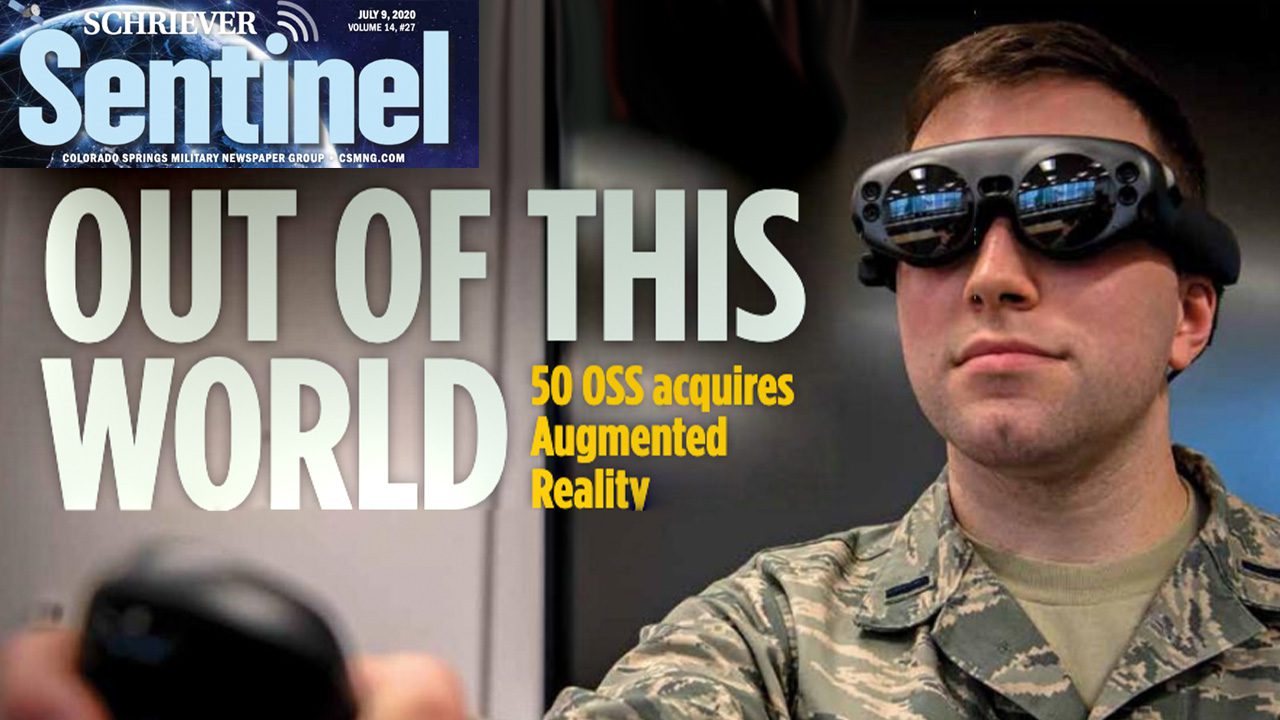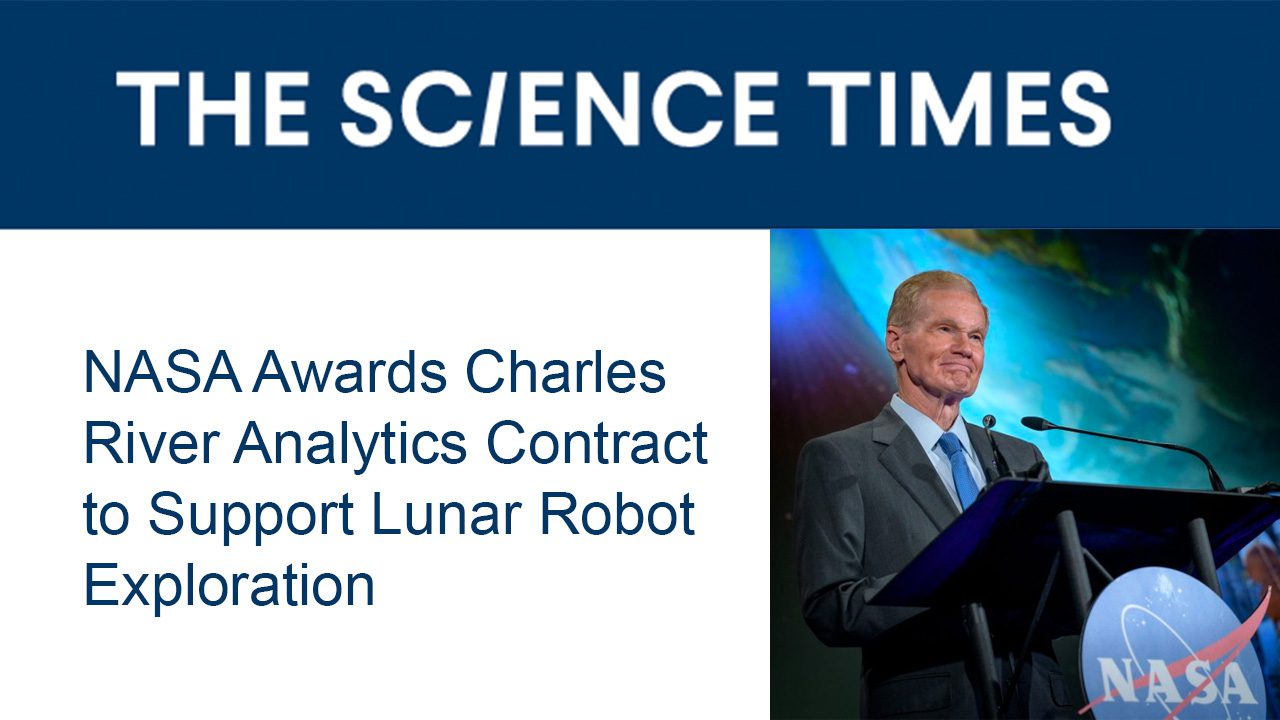SPACE
Intelligent solutions for space initiatives
In the dynamic and complex space environment, challenges abound – from navigating mounting debris, to coordinating satellites with diverse missions and accurately simulating high-pressure real-time scenarios – challenges that demand revolutionary technology for bold and thoughtful solutions.
With a keen focus on human-centric systems, we harness an array of advanced R&D and our own probabilistic programming language to serve the needs of both the Department of Defense and the commercial sector, ensuring effective and impactful solutions for the space industry.
Core Competencies
Our robust bench of talented scientists brings multi-disciplinary and rigorous expertise to the table. We understand what it takes for mission success and focus on human-centric solutions to challenges in space.
Tailored Solutions
Whether immersing operators in the space domain for intuitive understanding, or adding adaptive behaviors to satellite systems, our tech supports the many perspectives and skills needed for complex mission success.
Decades of Experience
Since our first contract for NASA in 1985, we’ve been redefining possibilities at the forefront of space R&D. We recognize space’s vital strategic importance, with its profound impacts on global geopolitics.
Advanced Technologies
We design and develop to ensure the human-centric application of our leading-edge technologies. Whether machine learning or mixed reality, our engineered AI communicates safely and transparently.
At Charles River Analytics, our pioneering spirit and technological acumen deliver paradigm-shifting solutions for the intricate choreography of space operations.
Space Domain Awareness
The sheer density of space debris already makes domain awareness a challenge. Add the growing number of satellites, all with varying objectives and capabilities, and it complicates the picture even more. Space is dynamic, with complex 4D geographies. We use relevant data to develop user-friendly tools to teach and retain SDA concepts.
Command and Control
Successful missions start with the right strategies to support ground operations. We deliver tools that optimize limited antenna resources from satellites and prioritize data relayed from space with an understanding of the operational context to recommend the most efficient courses of action in the most challenging situations.
Threat Analysis
Our tools help analysts use modeling and simulation techniques to better understand the most likely and most significant threats. Our AI processes high-volume, multi-source data input to provide informed and actionable information for battle management command and control, as well as threat modeling for wildfires on Earth.
Autonomous Operations
Uncrewed space missions require systems that can complete tasks with little to no human intervention. Our AI works within robotic teams that can coordinate and communicate for task allocation. We’ve also delivered systems that can autonomously detect and mitigate faults on space platforms, improving their resilience.
Astronaut Support
Tools from Charles River Analytics allow astronauts to distribute their workloads to avoid cognitive overload on missions. Unobtrusive sensors assess and predict changes in response to changing protocols. These tools can help design more effective and astronaut-friendly systems.
Operations Support
We provide extensive support to space operations through our suite of solutions, offering advanced tools tailored to the domain. With our user-friendly and leading-edge technologies, we further empower space professionals, leading to increased efficiency and successful space missions.
Frontiers of Space Innovation: Explore our projects
Our pioneering projects incorporate insights from working with teams in the real world to unlock new dimensions in understanding threats, immersive learning, collaborative robotics, and cognitive workload monitoring for astronauts. Our research opens new frontiers for the Government and business sectors, improving operations through reduced costs, increased efficiency, and enhanced performance of human-machine teams in space.
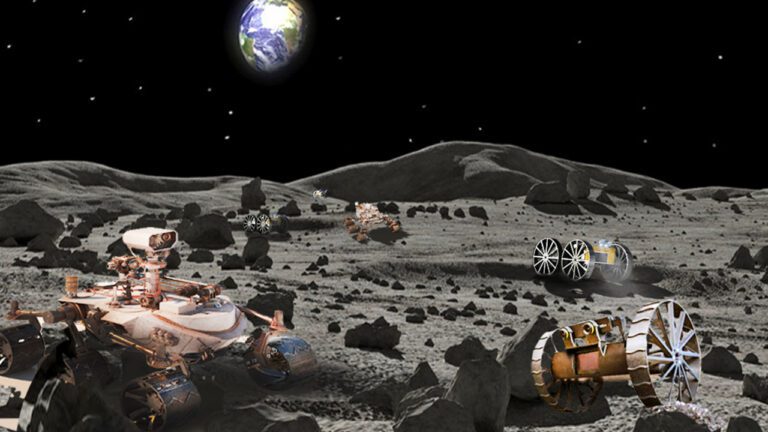
ASTER
A system to explore cooperation and behavior allocation of autonomous teams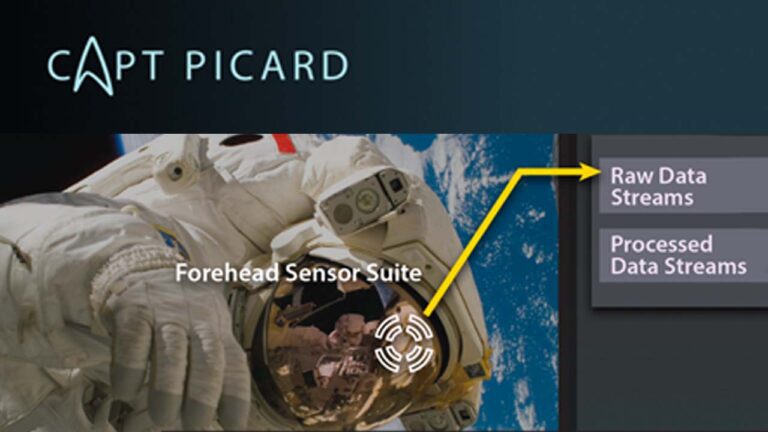
CAPT PICARD
A system to measure cognitive workload during training and on the job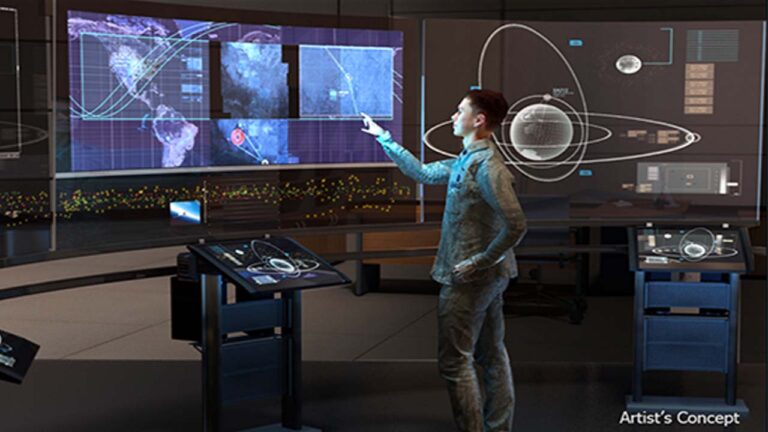
PICASSA
A system for better understanding potential threats in space
